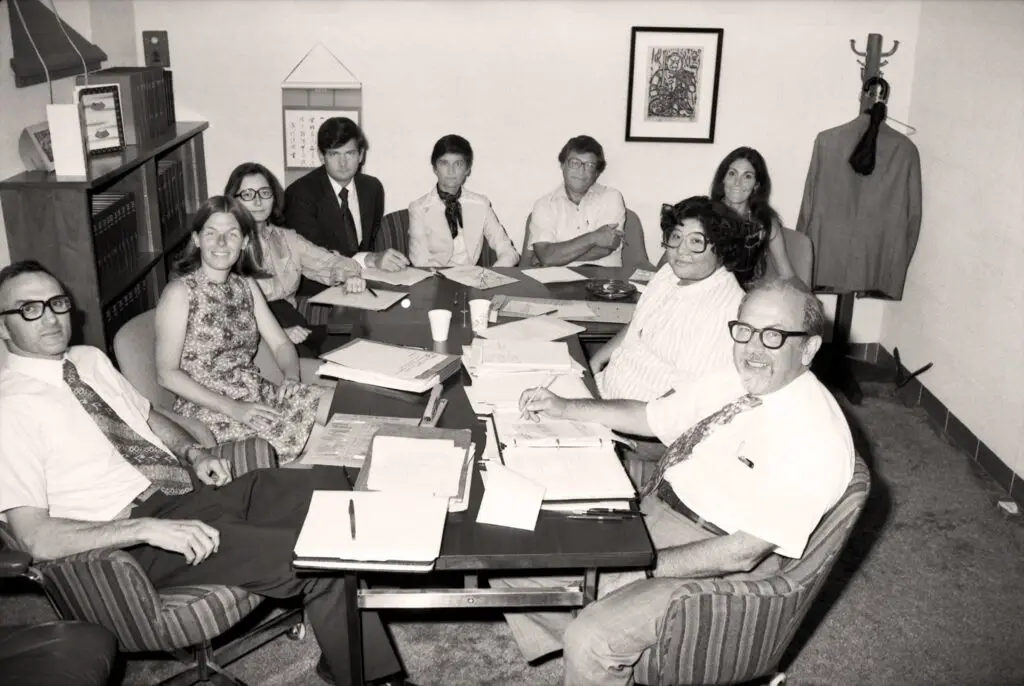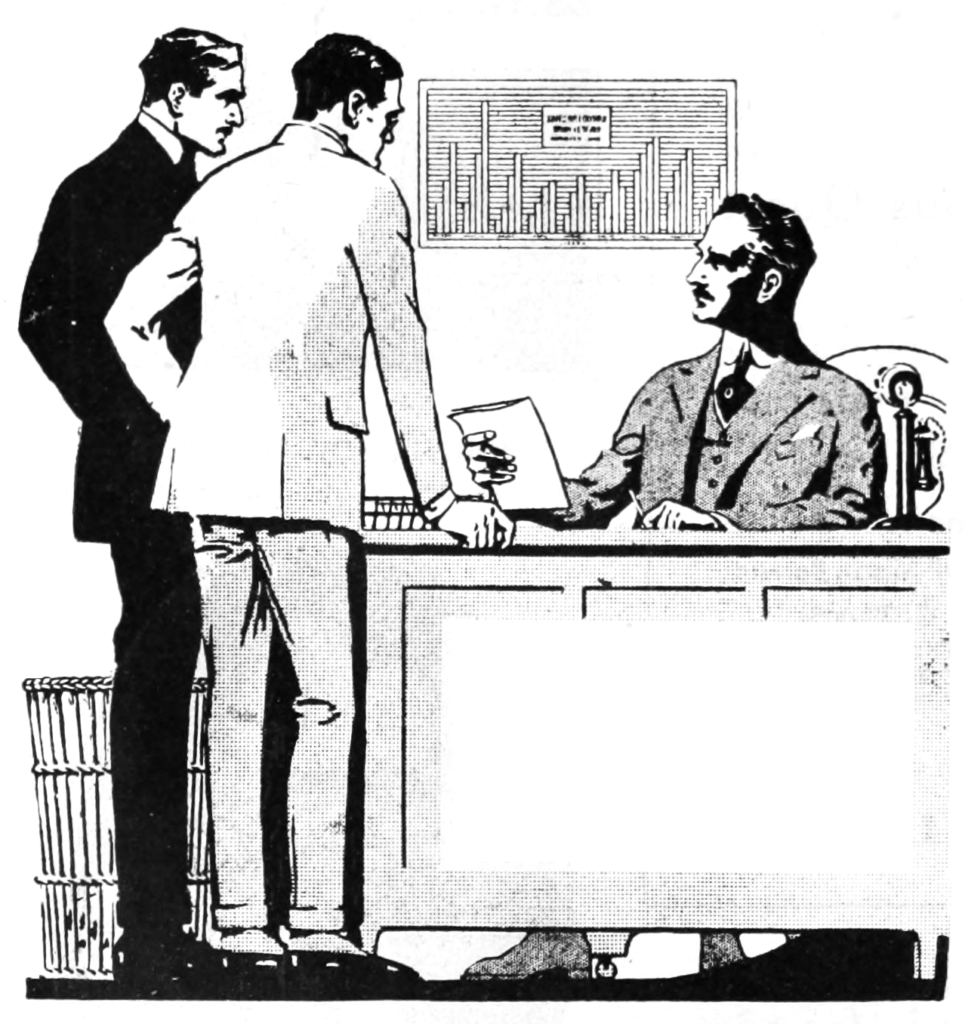Congratulations! You’ve surpassed the last great minimum age requirement until Social Security- alcohol! At 21, you are probably beginning to finally feel like a real adult. After escaping your teenage years, and surviving a few years as a college student or member of the workforce, you are becoming your own strong, independent individual, and are ready to face the trials of the adult world head-on.
Whether you’re a full time worker with a high school diploma, or a student seeking a bachelor’s degree, there are always job growth opportunities out there for you, chances to broaden your experiences in ways that will give you a leg up in the labor market down the road. Good paying jobs for 21 year olds are out there, but more important than the median salary are the skills you will pick up along the way, and the work experience you will be able to add to your arsenal when looking for the next great job opportunity.
At 21 years old, everyone is at a slightly different stage in their professional journey, and needs slightly different advice to help them find those highest paying jobs in the future. Wherever you are on your career path, we suggest that you read the whole article, as there is useful advice for all younger workers, not just those for whom the section is written. Welcome, young workers, to Getting Started.
For the Young Worker
Whether you have a high school diploma, trade school experience, an associate’s degree, or anything in between, being a full time member of the workforce can be a challenging task. At this stage, however, you should have a few years of work experience under your belt, and be making more than just minimum wage. However, some extra money is never a bad thing, and if you want to move up the ladder of the labor market, we’re here to give you some tips and tricks to raise your salary in no time.
Updating Your Resume
As you accumulate work experience and begin to seek new employment, it might be time to start thinking about cleaning up your resume. You’ve probably been using the same one to respond to job ads for years, simply adding a new listing every time you get hired in a new position. Keeping careful track of your employment history is crucial, but your resume could begin to feel cluttered- it’s time to decide what items are worth keeping, and which are better left off of your resume.

Your high school diploma may be an essential part of your qualification- if you have no higher education experience, it is good to leave a brief listing of your high school credentials on your resume. However, now that you have accumulated some real work experience, it may be time to remove the clubs and sports that helped you get those first job opportunities years ago.
Your resume should generally be about a page long, and certainly no more than two. When trimming it down, prioritize your most impressive work experiences, making sure to highlight the important responsibilities you had and each skill that you learned. If you took any special certification courses, or were trained in a highly specialized area, include those qualifications in a specific skill or certification section on your resume. Once you highlight your most important work experiences and any special qualifications, fill in the remaining space with any part time job you may have held, or interesting side gigs you started to make some extra cash in the past.
For more detailed advice on describing an entry level or old summer job on your resume, check out the 19 Year Olds installment of Getting Started.
If you have trade school experience, an associate’s degree, or some other educational experience beyond a high school diploma, be sure to include those on your updated resume, as any school experience or college degree will help you at least a little bit in the eyes of potential employers.
Save That Money
At 21, you are likely financially independent, or at least looking to achieve that goal in the near future. Budgeting and saving money can be difficult, especially if you are already living paycheck to paycheck on a minimum wage salary. Some costs of living are simply out of your control- food, clothing, transportation, housing- and nobody should try to live on basic necessities alone. Even on a small average pay check, there are a few simple things you can do to save extra money, and work towards a better financial future for yourself.
The first key to saving money is simply keeping track of your income and expenses. If you do not already, keep track of your primary income, accounting for taxes, as well as any extra cash you might make from a part time job you have on the side. Collect all of this information together in one place, and figure out the average salary you make in one week.
Next, keep careful records of your “necessity” expenses. Rent, insurance payments, groceries, anything that you must spend money on regularly. Average these costs out, finding the amount of money that is “automatically” taken out of your wallet each week. It doesn’t take a master’s degree in accounting to do the math, figuring out how much money you have left over at the end of the week. Many people will tell you to cut fun out of your budget, restricting how much you can go out to eat or drink every week to make sure you save the maximum amount of money possible. This is solid advice, but if you leave no room in your budget for enjoying life now, you’re not gonna enjoy it very much later in your career. If you can, save or invest most of your extra money, but leave some free to treat yourself to something every once in a while.
Don’t get swept up in money saving tips from social media influencers, or engagement speakers trying to sell their online course. There is no magical trick to financial security and money management, as everyone’s situation is different. Not everyone has the ability to buy stocks and invest, or store most of their paycheck in gold. Simply keep track of your average pay and expenses, save what you can, and use your head.
If You’re Still A College Student
If you’re still in college looking for your bachelor’s degree or even a master’s degree, the time to think about the future of your career has already arrived. You may not graduate for another year or two, but many companies are already looking for bright younger workers like yourself to participate in programs, internships, and eventually full time jobs. The labor market can be a tricky place, and getting your feet wet now will go a long way towards better job security once you graduate.
Your college or university has many career resources, including clubs, advisors, internship offices, and much more. Each one of these opportunities will bring you unique experiences and advantages, so taking the time to explore all of them while you still can is certainly an effective use of your time.
Business Clubs

Depending on your particular interests and the programs offered at your school, there are many skills and experiences you can gain from participating in some kind of business or investment club as a college student. Many clubs offer you the chance to work on real or simulated business ventures, giving you the chance to hone your skill as a worker and professional.
Some clubs work with real life companies on projects, where you can analyze revenue and labor statistics, pricing models, competition analysis, and more, giving you experience in the real world, and allowing you to better discern what you might want to do as a fun job in the future. These projects are also a huge way for you to network with individuals and executives in the field, making connections that you can use after graduation and later in your professional career.
Other clubs work in a more theoretical area, creating imaginary business or investment ventures to practice entrepreneurial skills, and test their knowledge of the market before spending real money. You can become a fake sales associate or venture capitalist, gaining valuable real life experiences in a controlled, simulated environment.
Employment Opportunities
If you’re looking to make some dough on the side while in college, good paying jobs for 21 year olds can be fairly easy to find, if you are persistent and resourceful. With a busy school schedule, online jobs are always a safe bet, working as a freelance writer, web developer, or graphic designer. Online jobs have a lot of flexibility, however income can also be flexible, not providing you with the job security that working an in-person part time job would.
If you are working for a bachelor’s degree but already have an associate’s degree, there may be more advanced opportunities for you to work in while paying off your school expenses. In the medical field, you may be able to work as a registered nurse or dental hygienist, though these jobs are taxing and may be difficult to sustain alongside your studies.
Balancing the tasks of making income now and amassing resources for your future is a challenge for all younger workers and students. Choosing between a summer job to pay off loans or an internship that will make you connections but no money is difficult, and highly dependent on your exact situation. Try your best to do a little of both while in college, but don’t forget to make friends and have a good time along the way.
No matter where you are in your professional journey, there are always opportunities to build yourself up as a candidate, taking advantage of the resources around you to enrich your experiences and skillsets. Whatever your age may be, each edition of our Getting Started series contains critical tips for all young workers, and we suggest that you check out more of them- there is always more you can do to increase your job outlook for the future!